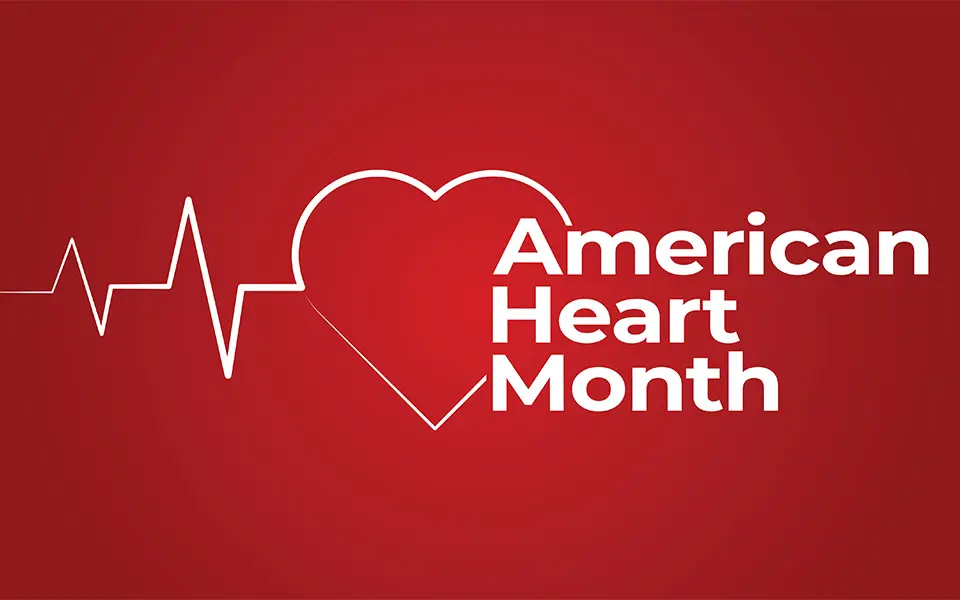February 15, 2024
American Heart Month: 6 Types of Heart Medications
The variety of available heart medications continues to grow. That means the chances are better than ever that there’s a medicine to address your unique cardiovascular condition.
Here are some of the most common medications used to treat cardiac conditions.

#1: Aspirin
This nonsteroidal anti-inflammatory drug (NSAID) is available over the counter and helps prevent blood clots. Your doctor may prescribe an aspirin regimen if you have heart disease, coronary artery disease or a history of heart attacks or strokes.
Aspirin prevents platelets from clumping together and forming blood clots that can increase the risk of heart attack in men and women. Clopidogrel is a stronger version of aspirin that may be appropriate if you have a heart stent or worsening chest pains.
Aspirin side effects:
- Stomach pain
- Headache
- Chest pain
- Heartburn
- Confusion
#2: Statins
Statins are prescription medications that lower bad cholesterol in the blood. Also known as LDL, bad cholesterol can build up in the arteries and restrict blood flow to the heart.
It’s common for a doctor to prescribe statins following a stroke, heart attack, bypass surgery or stent, or if there’s a genetic history of high cholesterol.
Statins side effects:
- Headache
- Dizziness
- Constipation, diarrhea or indigestion
- Muscle pain
- Weakness
#3: ACE Inhibitors
Angiotensin-converting enzyme (ACE) inhibitors prevent the body from producing the protein hormone that narrows blood vessels. ACE inhibitors are used to treat heart failure and high blood pressure because they widen the arteries and blood vessels, making it easier for the heart to pump.
ACE inhibitor side effects:
- Cough
- Dizziness
- Body aches
- Chills
- Blurry vision
#4: Beta Blockers
This group of drugs blocks the effects of adrenaline to slow the heart rate and reduce blood pressure. Beta blockers are administered after heart attacks to help the heart recover by improving its pumping ability. This prescription drug also addresses heart failure, abnormal heart rhythms and chest pains.
Beta blocker side effects:
- Fatigue
- Lightheadedness
- Shortness of breath
- Cold hands or feet
- Yellowish tinge to the skin or eyes
#5: Calcium Channel Blockers
This drug prevents calcium from entering the cells of the heart and arteries. It also relaxes blood vessels and increases blood oxygen levels. That makes it easier for the heart to pump blood through the body. If other medications are ineffective, you may need calcium channel blockers to manage high blood pressure.
Calcium channel blocker side effects:
- Cough
- Trouble breathing
- Swelling in the arms, hands, feet or face
- Fatigue
- Nausea
- Flushed skin
#6: Warfarin
Warfarin is a prescription anticoagulant that lowers the risk of blood clots forming in the body. Blood clots usually dissolve on their own, but Warfarin reduces the likelihood of future development by slowing the body’s clotting process. It can have adverse reactions to NSAIDs and other medications that treat types of heart diseases.
Warfarin side effects:
- Bruising
- Bloody urine or stool
- Bleeding from the nose or gums
- Headache
- Stomachache
- Confusion
Tips for Taking Heart Medication
- Discuss potential side effects with your doctor before starting heart medication.
- Use a pill organizer to coordinate medications.
- Take your meds as prescribed at the same time daily.
- If you miss a dose, take it as soon as you remember.
- Don’t change your regimen without consulting your physician.
- Get refills on time so you don’t miss a dose.
- Refill multiple prescriptions at the same pharmacy.
- Consult your doctor before taking over-the-counter drugs or herbal remedies while using heart medication.
- Maintain a current list of all your medications for your primary physician and specialists.
Cardiac Care at Embassy Healthcare
If you live with a heart condition, our comprehensive cardiac care can enhance your quality of life. You’ll have access to our onsite cardiac services, preventative care, dietary monitoring and skilled clinicians.
Learn more about the benefits of our cardiac program and schedule a tour of one of our locations in Ohio, Pennsylvania, Virginia and Florida.
